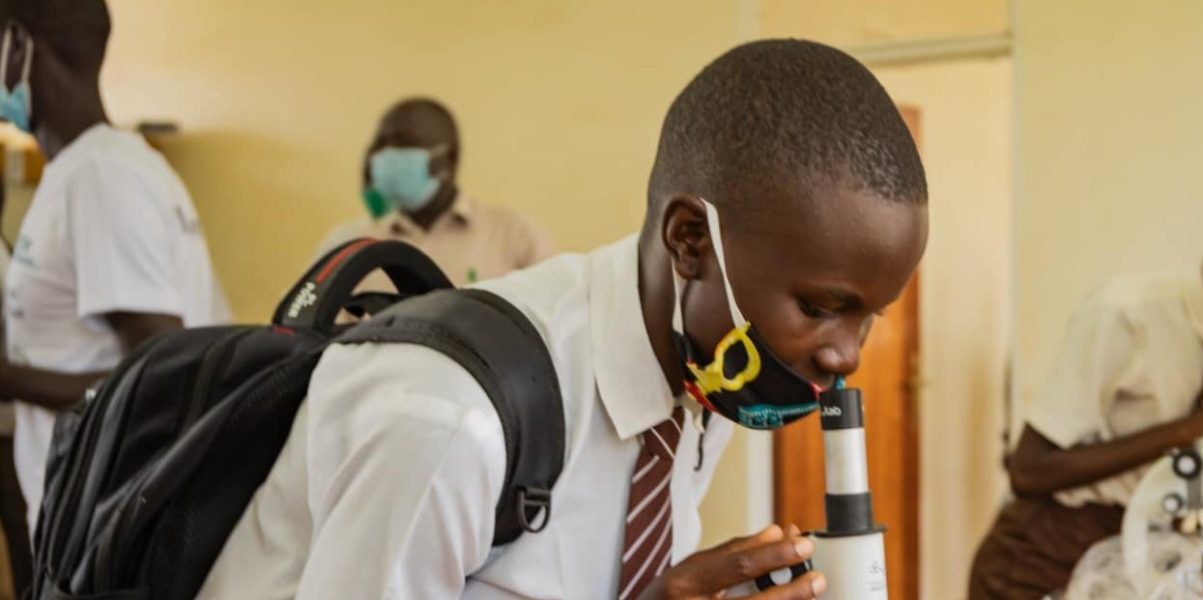
More than 11,000 students have failed the 2024 Certificate of Secondary Education (CSE) examinations in South Sudan, raising concerns about persistent gaps in the country’s education system.
According to the Ministry of General Education and Instruction, 11,378 candidates, representing 23.7 percent of those examined, did not meet the minimum pass requirements.
The figure includes 6,573 males and 4,805 females, drawn from across the 535 schools that administered the exams.
While the overall pass rate stood at 76.3 percent, the failure rate highlights systemic challenges.
Officials say the results expose deep weaknesses in science and language instruction, as Chemistry, Principles of Accounts, and Arabic Language were identified as the poorest-performing subjects.
The fact that one in four students failed highlights the pressing need to better equip learners with the skills necessary for their future success.
The Ministry acknowledged the poor subject performance and announced plans to recruit and train more teachers in the affected disciplines.
It also pledged to modernize examination management to ensure better preparation and timely release of results in future years.
Education experts warn that high failure rates can have long-term consequences, particularly in a country where access to schooling is already limited.
With thousands of students unable to proceed to higher education, the burden may shift to families and communities to find alternative opportunities.
Despite the setback, the exams also revealed bright spots: Agriculture, Computer Science, Physics, Islamic Religion, English Literature, and Civics showed improved performance compared to past years, signaling areas where targeted investment may be paying off.
For now, however, the failure of over 11,000 students underscores the urgent need for reforms if South Sudan is to strengthen its human capital and compete in the region.

